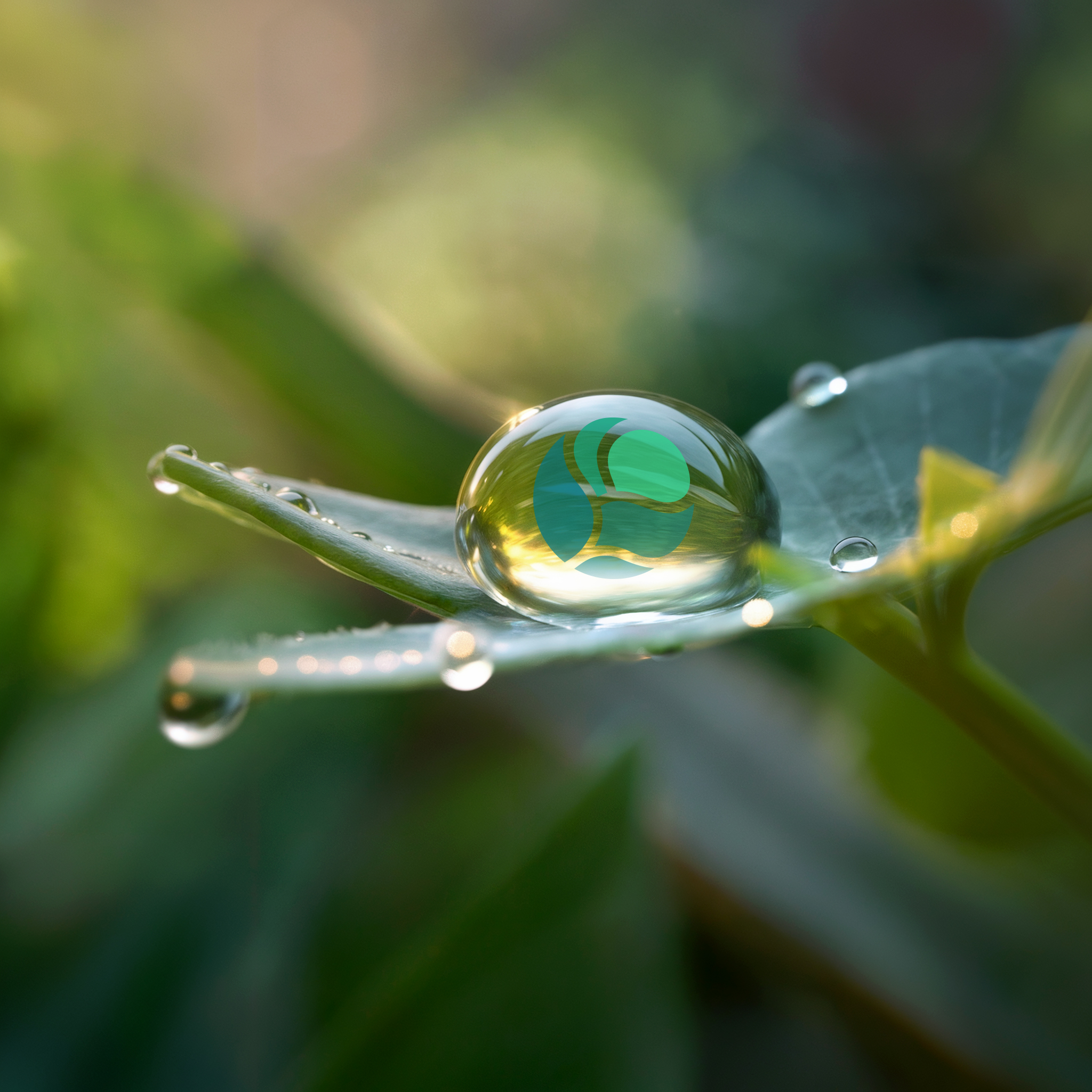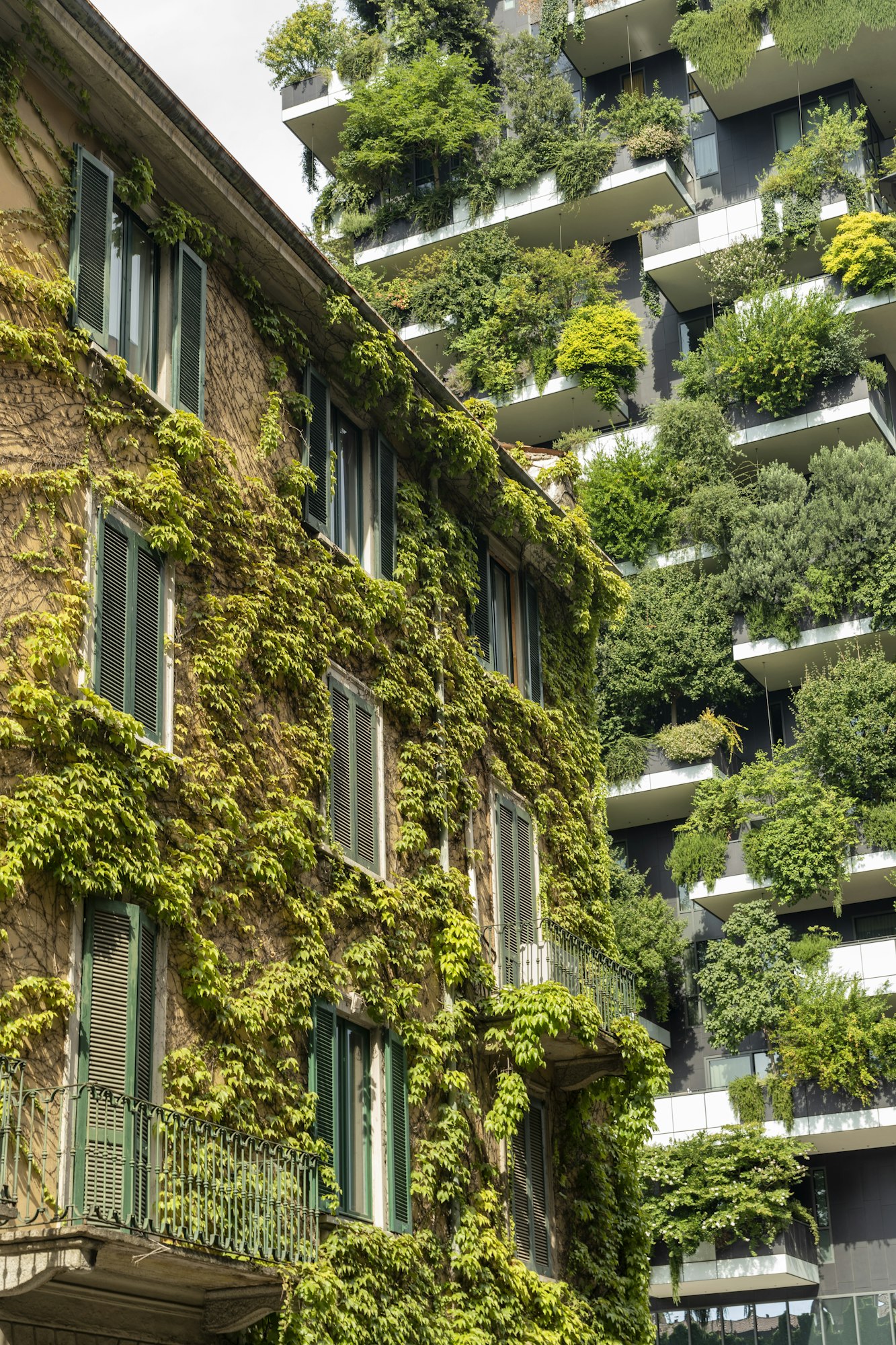Introduction
As homeowners become more environmentally conscious, traditional grass lawns are being reevaluated. One alternative that’s gaining popularity is the clover lawn. Known for its sustainability and low maintenance, clover is an attractive option for many. However, like any choice, it comes with its own set of advantages and disadvantages. Let’s delve into the pros and cons of clover lawns to help you determine if it’s the right fit for your outdoor space.
Pros of Clover Lawns
- Low Maintenance: Unlike traditional grass, clover doesn’t grow very tall, which significantly reduces the need for mowing. This not only saves time but also decreases the energy used by lawn mowers, contributing to a reduction in your carbon footprint.
- Drought Resistance: Clover is extremely resilient and can thrive without frequent watering. This drought-resistant quality makes it an ideal choice for regions experiencing water shortages, helping to conserve precious water resources.
- Natural Fertilizer: Clover is a nitrogen fixer, meaning it takes nitrogen from the air and enriches the soil with it. This natural fertilization process reduces the need for chemical fertilizers, promoting a healthier lawn and environment.
- Pest Resistance: With its natural resistance to many pests, clover lawns reduce the need for chemical pesticides. This not only helps in maintaining a more organic garden but also supports local biodiversity.
- Aesthetic Appeal: Clover produces small, pretty flowers that attract beneficial insects like bees and butterflies. These flowers not only enhance the beauty of your lawn but also support local ecosystems and pollinator populations.
Cons of Clover Lawns
- Staining: Clover flowers and leaves can stain clothes more easily than traditional grass. This might be a concern for families with young children or for those who use their lawns frequently for recreational activities.
- Allergies: While clover helps attract bees, it can also be a source of allergies for some people. The flowers produce pollen, which might not be suitable for those with pollen allergies.
- Inconsistent Appearance: For those who prefer a uniform lawn, clover might not be the best choice. It can grow unevenly and might mix with other plants or grasses, which can give a more patchy appearance to the lawn.
- Cold Sensitivity: Clover is not as cold-tolerant as some traditional grasses. In colder climates, a clover lawn might die back, exposing bare patches during winter.
Conclusion
Clover lawns offer a sustainable alternative to traditional grass lawns, with numerous environmental benefits such as reduced water use, chemical inputs, and maintenance. However, they might not be suitable for everyone, given their potential for allergies, staining, and appearance inconsistencies. If you’re considering a shift towards a more sustainable lawn, weigh these factors to decide if clover is the best choice for your space.
For those looking to make environmentally conscious decisions in every aspect of their lives, including lawn care, clover lawns present a compelling, eco-friendly option. Explore more about sustainable living practices at Econautics and join us in making thoughtful choices that benefit our planet.





